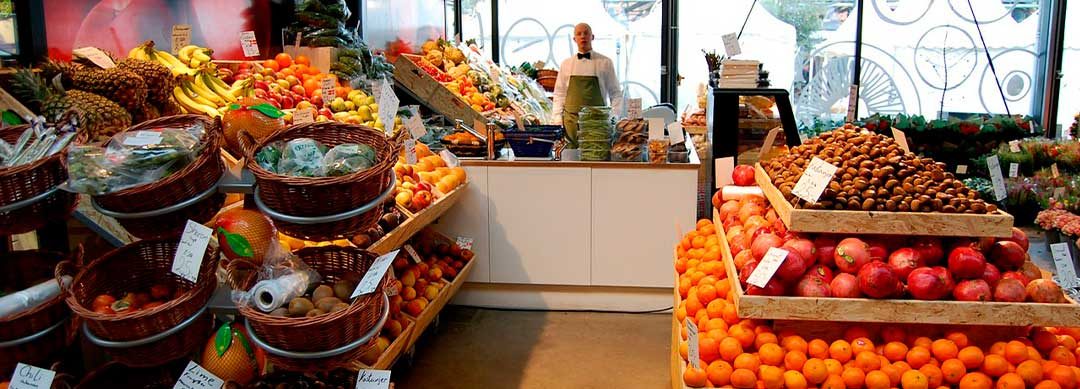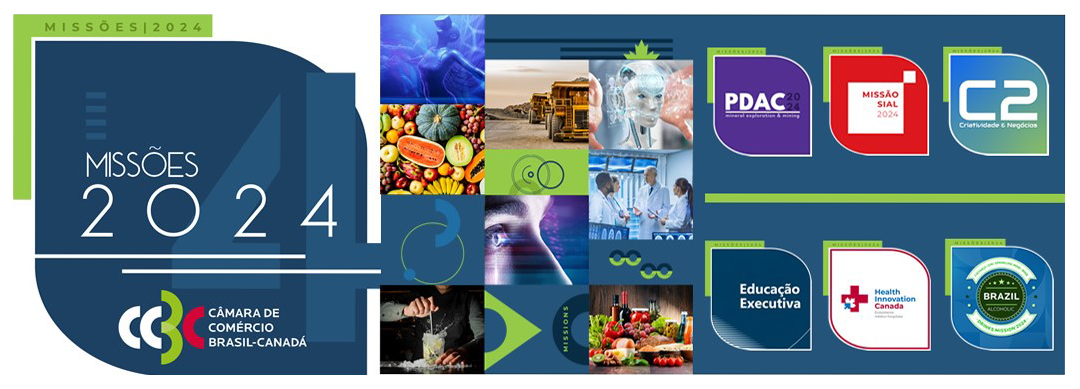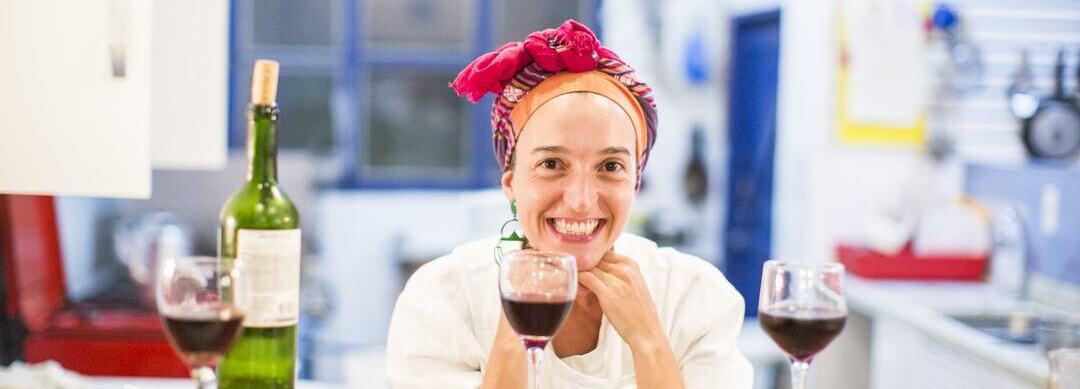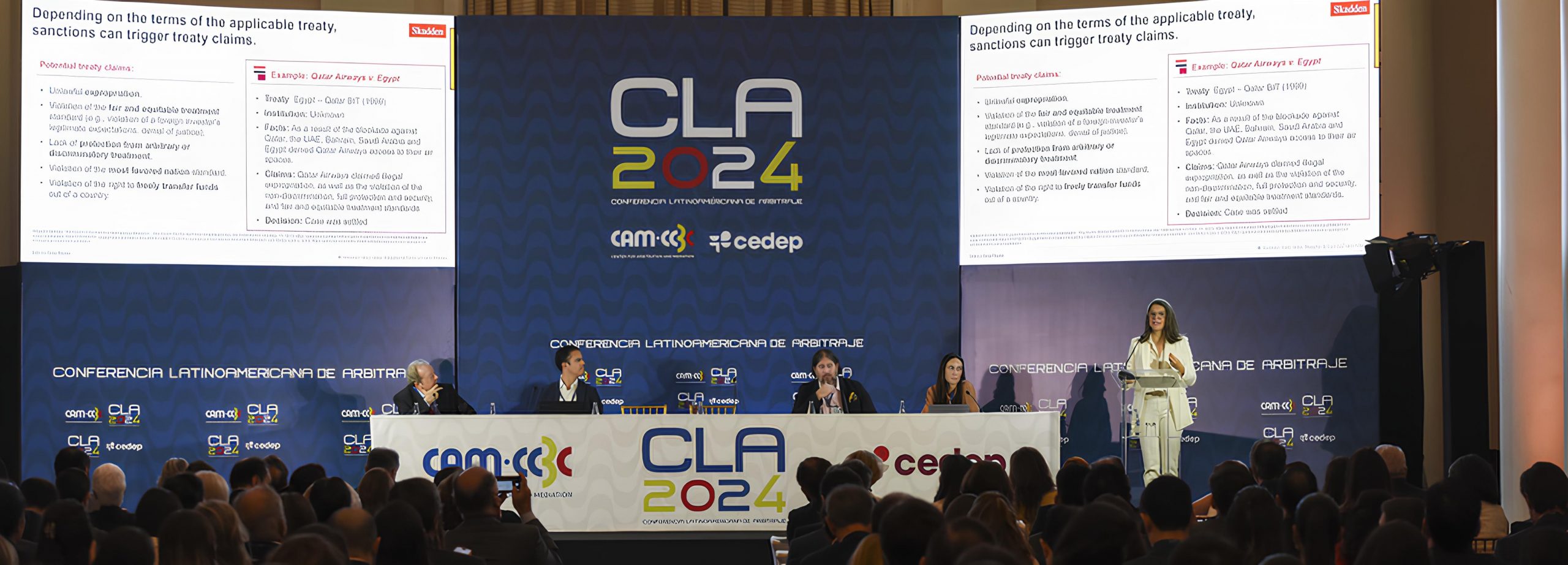The market for organic products grows far beyond fruits and vegetables, and opens up great business opportunities between the State of São Paulo and Canada.
By Estela Cangerana
If taking care of healthiness, the origin of food and the environment were already an important factor in the Canadian consumers’ purchase decision before the new coronavirus pandemic, these points should now have exponentially greater weight. The acceleration of the change in mindset should hit – very positively – the organic products market, which, among other things, provide guarantees of origin and environmentally responsible production methods. And the state of São Paulo, an agro-Brazilian powerhouse and a great partner of Canada, may have a lot to gain from this.
“Consumers’ concern with health and the environment has already made the organic sector one of the fastest growing in Canada. We are the 7th largest market in the world in terms of value in this sector”, confirms Canada’s consul general in São Paulo, Heather Cameron.
Although still small, with 3.2% market share, the high expansion rates and consumption habits surrounding organic products make this market highly attractive to new entrants. Considering food and non-food, the activity currently moves in the country CAD$ 6.4 billion a year (about US$ 4.8 billion), according to the Canada Organic Trade Association. Of this total, food accounts for CAD$ 5.2 billion (approximately US$ 3.9 billion), especially fruits and vegetables.
The data from the research company Euromonitor International confirm the good prospects. The fresh food market grew by 5% in Canada between 2014 and 2019 and is expected to remain the same until 2024. On the other hand, both the packaged organic food and organic beverage sectors increased by up to 8% in 2019 and expect an equal percentage in 2024. Within these branches there are highlights such as the category of chocolates, with an increase of 21% last year, and that of fruit and herbal teas, with an increase of 12% in the period.
Proximity
São Paulo, which is already Canada’s main partner among Brazilian states and has a strong weight in agribusiness, has everything to benefit from it. Of the US$ 5.6 billion in trade between Brazil and Canada last year, US$ 1.3 went to the state of São Paulo, with emphasis on agribusiness transactions.
The state is known for having the largest cane field in the world and alone accounts for 50% of all cane, ethanol, and sugar production in Brazil. It also bears 70% of all orange juice produced in the world and has the main port in Latin America, in Santos, as recalled by the Secretary of Agriculture and Supply of the State of São Paulo, Gustavo Junqueira. “Certainly, at least part of the orange juice consumed in Canada must have originated from São Paulo,” he says.
Junqueira also highlights the state’s proximity to the North American country in the relationship between Canadian wheat and São Paulo wheat flour, and the partnerships in milk and beef. He believes that organics from São Paulo has all the conditions to be in this account in the near future. Not just traditional products, such as fruits and vegetables, but also other items, such as organic milk from São Paulo and organic corn seed.
The Secretariat of Agriculture and Supply created a special working group to deal with public policies for organic products and has been working to support the sector, while trying to curb counterfeiting. “We are working on an organic product certification in São Paulo”, says the secretary, who highlights the traceability initiatives, technological innovations in the field and platforms, such as the one that brings producers closer to consumers.
Although Brazil and Canada do not yet have an equivalence agreement for organic certification (that is, a Brazilian seal is not yet valid for recognition in the Canadian territory), the São Paulo government has already expressed an interest in advancing joint work in this regard. “Undoubtedly, talking to Canada, so that we can give an adequate certification to Canadian standards is a way to be explored”, says the secretary.
Opportunities
Junqueira and consul Heather Cameron recently participated in the 12th Comex Chat, of the CCBC Foreign Trade Commission, presented and moderated by the Commission coordinator and the Chamber’s vice president of Foreign Trade, Fernando Marques. The virtual event also featured a presentation of the Canadian organic market prepared by the institution’s Business Intelligence coordinator, Andrea Mansano.
Access to detailed data on Canadian market sectors and business opportunities, as well as the connection with possible buyers, partners and the organization of trade missions are some of the services offered by CCBC.
Canada and Brazil also maintain close contact for other initiatives in the field of research and development of agribusiness. On July 20, for example, Agri-Food Canada (AAFC) and the Brazilian Agricultural Research Corporation (Embrapa) formalized, with a memorandum of understanding, the technical cooperation between the two institutions. The work should mainly deal with issues such as gene editing, precision agriculture, cereals, climate change and systems sustainability, among other topics.
Learn more:
Watch the 12th Comex Chat in full at https://www.youtube.com/watch?v=-VxgLQda-Hk
To talk to CCBC about organics or other niche markets: [email protected]





